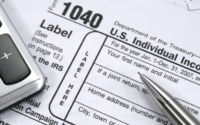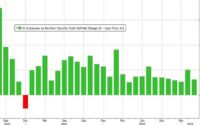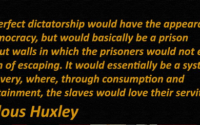Storm clouds gather over the pound as focus turns back to dire economy
LONDON, Nov 2 (Reuters) – The pound has just staged its biggest monthly rally in a year after shaking off weeks of British political turmoil, but this strength is likely only to be fleeting as investors return their focus to the stagnating economy and the Bank of England.
The pound crashed to a record low against the dollar of $1.0327 in late September after the government announced plans to slash taxes and ramp up borrowing.
Yet it had its best month since mid-2021 in October to trade around $1.15 after the BoE intervened to stem the market chaos, new finance minister Jeremy Hunt scrapped the budget plans, and Liz Truss resigned as prime minister.
The good news for new Prime Minister Rishi Sunak is that few analysts now expect the pound to fall below parity with the dollar.
However, a raft of strategists at investment banks have recently predicted the pound will retreat to the $1.04 to $1.10 range in the coming months, citing Britain’s economic woes, BoE policy, and dollar strength.
“Even before the mini budget, this is a country that had a number of pretty significant economic challenges,” said Andrew Sheets, chief cross-asset strategist at Morgan Stanley, which believes the pound will fall to $1.05 and also weaken quite sharply against the euro .
BANK OF ENGLAND IN FOCUS
The BoE is expected to raise borrowing costs by 75 basis points on Thursday, taking the main interest rate to 3%.
Yet strategists increasingly think an impending recession will prevent the central bank from raising interest rates to the 5% level that financial markets are currently expecting by next year. That could be a problem for sterling, as expectations of higher rates traditionally support a country’s currency by making fixed-income investments there look more attractive.
“The Bank of England hiked less than market expectations in six of the last eight meetings,” said Sheets. “If the Bank of England is showing reticence to hike, given how many hikes are now priced into the UK curve, that’s a downside risk to the pound.”
CURRENT ACCOUNT
One factor that has weighed on sterling – and which has not gone away – is the fact that Britain imports far more goods and services than it exports, contributing to a large current account deficit (GBCURA=ECI).
A warm October has helped natural gas prices fall but a cold winter could drive up the cost of Britain’s energy imports again, said Jordan Rochester, currency strategist at Nomura. He said the price of food is also likely to rise again after Russia suspended its participation in the Black Sea grain deal, he said.
“You need to import a lot of goods. You are essentially selling your currency very consistently to buy those goods and they’re mostly denominated in dollars,” he said.
Nomura now sees sterling falling to around $1.05 by the end of the year, having previously forecast a fall to parity.
DOLLAR PRESSURE
Not all strategists think the pound will return to near the lows seen in September. Goldman Sachs sees sterling at $1.10 in three months’ time, and that it will slip to 88 pence against the euro from around 86 pence on Tuesday. Deutsche Bank thinks it will be worth $1.08 by year-end.
For RBC Capital Markets, the pound is likely to slump back to $1.04 in the first quarter of next year as the dollar regains a footing after its recent sell-off.
“The global economy is slowing down and heading for a recession and in such a scenario, the U.S. dollar does tend to outperform,” said Alvin Tan, a senior currency strategist at RBC.
“The dollar’s had a hell of a run and most of it’s behind us, but in the next two months there’s still a little bit more to go.”
Further rate hikes from the Federal Reserve, including on Wednesday, are also likely to support the dollar, he said.
Reporting by Harry Robertson
Editing by Tomasz Janowski
Our Standards: The Thomson Reuters Trust Principles.
[ad_2]
Source link


